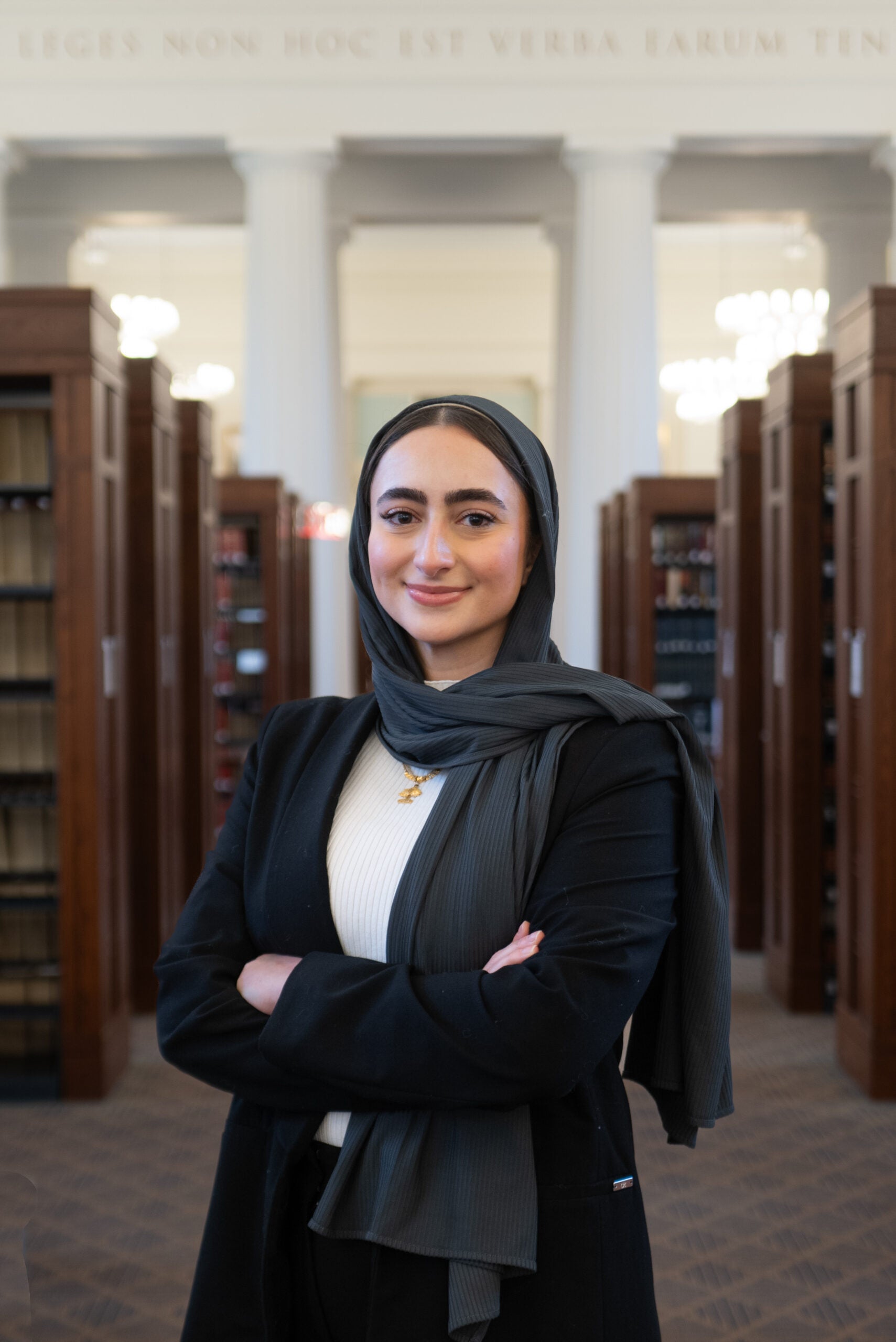By Reema Doleh ’25

I gained my first real client advocacy experience as a student attorney in the Prison Legal Assistance Project (“PLAP”) at Harvard Law. As a PLAPper, I traveled to a prison one hour north of campus to meet my client, an incarcerated individual facing disciplinary action for an alleged fight within the facility. Like myself, my client spent most of his life between Boston and New York. We bonded over our love for the outer boroughs, living with immigrant parents, and small business entrepreneurship. We chatted about his job in the facility’s kitchen where he was able to play around with recipes and spend more time out of his cell.
This pending litigation meant I, as his lawyer, was the only person allowed to visit him. His three year old son and elderly mother were barred from visitation to the maximum security facility until this pending disciplinary hearing was resolved. I found myself having to serve multiple roles; that of an advocate, a therapist, a friend, and a connection to the outside world. My client is considered “lucky,” as Massachusetts is one of the few states that offers the right to legal representation in disciplinary hearings.
Having only one semester of law school under my belt, I was excited but also worried about my ability to represent my client. It wasn’t until finding mentors within PLAP, from attorney supervisors to other PLAPpers, that I began to feel confident in my ability to serve as an advocate for my client.
When I entered the prison, I noticed the stark disparity between the way advocates are treated and the way family members of incarcerated individuals are treated. PLAP prides itself on being an organization that trains anti-racist advocates. Entering a prison as a Harvard Law student, I recognized the different positions of power at play in the prison. I wondered if the same level of respect I was awarded was also given to my client. As we sat in a small conference room, I watched as the handcuffs were removed from my client’s wrists and his body was patted down by a guard. Despite this, he sat down with a stack of papers, handwritten notes on his theory of his defense, letters of support from his cellmates, and paperwork from the facility. He had been preparing for our meetings for weeks.
After being assigned my case, I quickly began collecting evidence from video footage to eye-witness testimony. It was clear that my client, acting in his role as kitchen staff, was simply in the wrong place at the wrong time when an act of aggression broke out. I felt confident in my ability to get this ticket dismissed. My client’s hearing was not scheduled to be heard for a few months until the Summer of 2023, which held his visitation rights under an administrative hold. I remember the joy and relief I felt receiving an email that the case was dismissed, knowing that my client’s visitation rights were restored, and disciplinary record expunged. It was a privilege to be a part of PLAP as a 1L and serve as a resource to a vulnerable population of incarcerated Massachusettsans.
PLAP’s goal is to empower individuals incarcerated in Massachusetts while providing law students with training in client-based advocacy and fostering a dedication to public interest and social justice. As a PLAPper, I am grateful to have the chance to use my knowledge and privilege to promote the rights and dignity of incarcerated people.
Filed in: Clinical Student Voices
Tags: Class of 2025, Harvard Prison Legal Assistance Project, Prison Legal Assistance Project
Contact Office of Clinical and Pro Bono Programs
Website:
hls.harvard.edu/clinics
Email:
clinical@law.harvard.edu